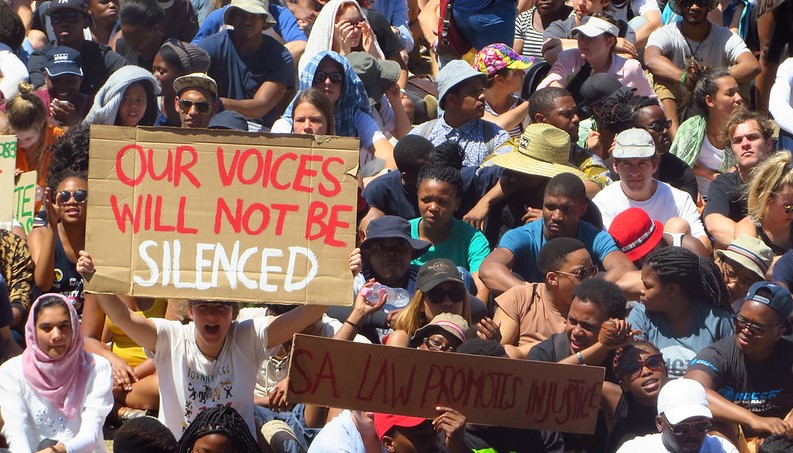 Photo: Flickr / Tony Carr
Photo: Flickr / Tony Carr
This article was first published as part of the EADI/ISS Blog Series in preparation for the 2020 EADI/ISS General Conference “Solidarity, Peace and Social Justice”.
“Discussions on the impact of higher education and research have increased, together with the rise of strategic thinking in the management of universities during the last decade. Governments, taxpayers and private funders want to know which benefits they get from universities. Academic Institutions, in turn, want to prove how their work is beneficial to society in multiple ways. This tells us much about the global management culture in public services – and about a new pressure against the academic authority and standing of universities.”
“The rhetoric of the importance of industry and ‘value for money’ invested in universities and the simultaneous cuts in their public funding resonates both with the technocratic and populistic views of higher education, if not reactionary voices against educated elites all over the world.”
Calls for decolonisation in the aftermath of ‘Rhodes Must Fall’ and ‘Fees Must Fall” student uprising at the University of Cape Town have drawn attention to the fact that a decades-long evolution of higher education in independent South has not abolished global asymmetries in knowledge production.
“What does this rhetoric mean for the production of scientific knowledge in different disciplinary fields and in governance and development studies in particular? For medical sciences or engineering, identifying and measuring their impact and relevance can be quite straightforward. But for sciences focusing on policies and their critiques, such a task is complex, as their impacts are diverse, often indirect, slow and long-term.”
This article is written by Liisa Laakso for the EADI/ISS Blog.










